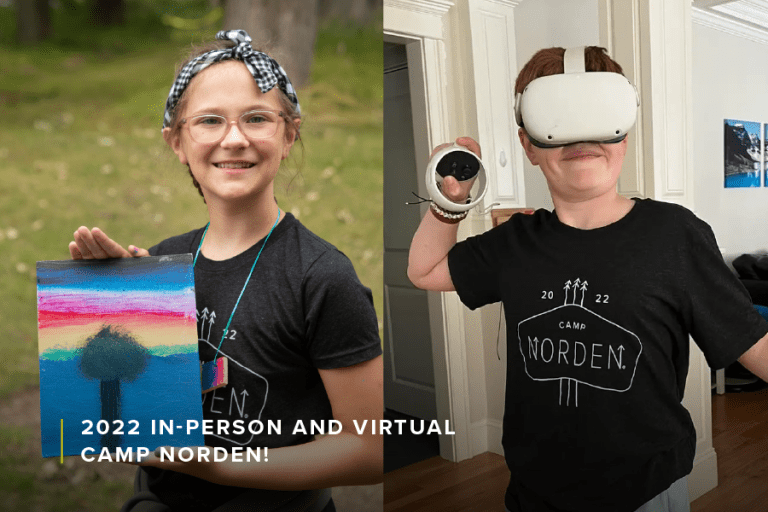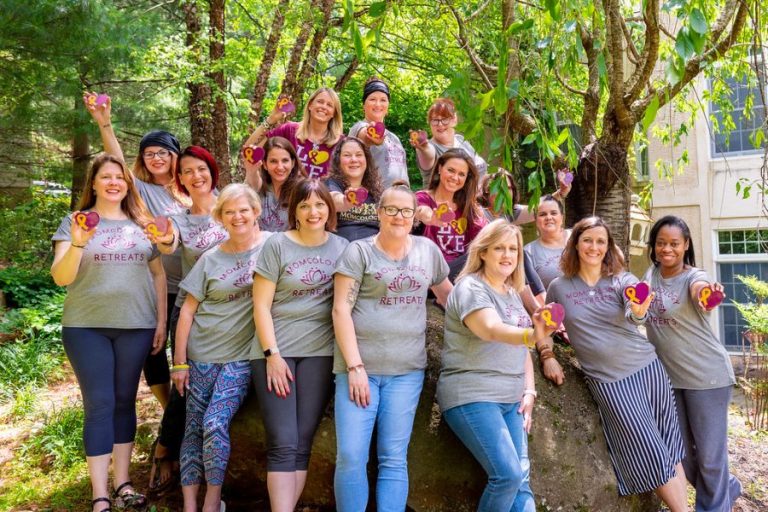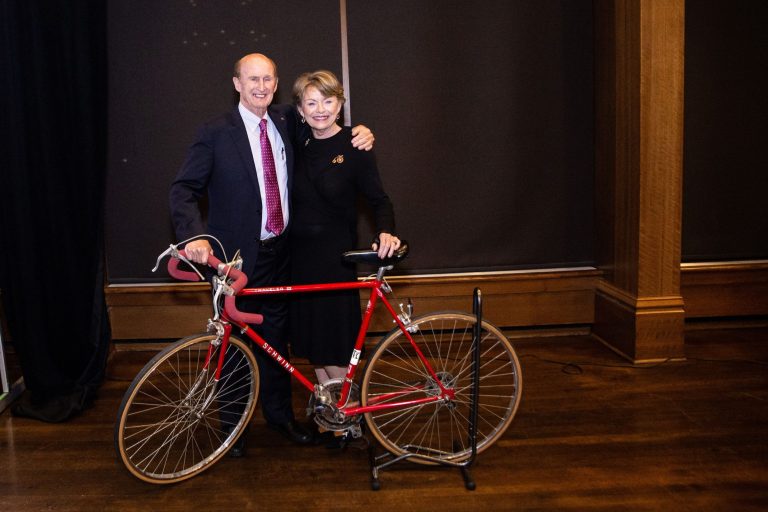Twenty-five percent of adolescents and young adults (AYA) who need bone marrow transplants (BMT) will not survive. In many cases, a BMT is the last resort for cancer patients when other treatment options such as chemotherapy have failed. Currently, only a handful of children’s hospitals in the United States have formal programs to help AYA patients and their families discuss their goals of care in the event the patient should face serious complications from their cancer or its treatment. These discussions are called advance care planning (ACP). Thanks to your donations, a new ACP program is available at the University of Minnesota Masonic Children’s Hospital to help young adults communicate with their caregivers about their end-of-life wishes.
How your donations improve end-of-life care
One key part of ACP is the creation of an advance directive, a document that expresses a patient’s preference for end-of-life care. Currently, advance directives are only legally binding for patients over the age of 18, and thus, younger patients are rarely included in the conversations about their goals of care. Young adults with long histories of illness have preferences and wishes about the medical care they will receive if they are dying. Opening up communication between young adults, their families and medical providers is vital to ensuring that patients receive the care that they want.
Clinicians Angela Smith, MD, MS and Jennifer Needle, MD, MPH are working to empower young adults to understand, reflect on and discuss the health care choices they will make, should they face the end of their life.
“Ideally, the process results in a better understanding between the patient, their family and the medical provider, and the creation of a written plan that represents the individual’s goals and values, including cultural, religious or spiritual beliefs,” said Needle.
With Children’s Cancer Research Fund donor support, Needle and Smith are exploring interventions to help patients have a voice in their end-of-life decisions through the FAmily-CEntered Advance Care Planning (FACE) intervention.
Composed of three sessions, the FACE program explores the unique needs, perspectives and decision-making processes of adolescent and young adult BMT patients*:
- Session 1: Patients and their caregivers are given a 31-question survey designed to assess their beliefs about and life experiences with illness and end-of-life care.
- Session 2: A facilitator conducts a 90-minute interview with the patient and his or her caregivers, covering everything from understanding the illness to what makes a “good day” for the patient. The interview then moves to a discussion about goals of care if the patient should have a complication or poor outcome from his or her treatment, covering commonalities and differences between goals of the caregivers and the patient. Together, they begin the process of creating a statement of treatment preferences. Most importantly, once the AYA has expressed his or her preferences, the caregiver is asked if this decision is something they could honor.
- Session 3: Once a statement of treatment preference is developed, the facilitator, patient and caregivers review the document and go over any changes they might have.
Already, the evidence-based program has shown great success with AYA patients with cancer and HIV. And so far, Needle and Smith’s exit interviews of young adults aged 14-22 and their caregivers produced positive qualitative data. Although the research is still in the early stages, Needle notes that both patients and their caregivers felt positive about the intervention and that the program helped parents understand their child’s goals and values as well as to better cope with making difficult decisions.
A mother of a 17-year-old patient said, “I was blown away that I had absolutely no idea how my children felt about the possibility of something happening to them. … Medically, I had never had any discussions with my kids, and I never really thought about it at all.”
Needle and Smith’s next step is to educate doctors and nurses about patient and caregiver decisions, including communication of serious prognosis, psychosocial and communication needs of patients, moral distress and the benefits of ACP.
“Our ultimate goal is to serve as a national model of patient-centered care for AYA living with potentially life-limiting illness,” said Needle.
* Lyon, Maureen E. “Family-Centered Advance Care Planning for Teens with Cancer.” JAMA Pediatrics, American Medical Association, 1 May 2013, jamanetwork.com/journals/jamapediatrics/fullarticle/1663080.



